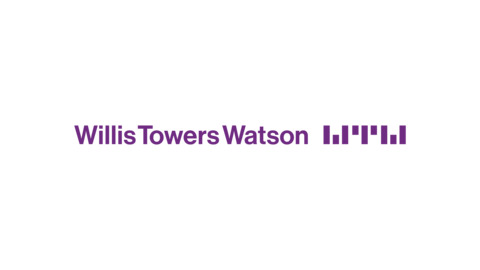For many of the world’s leading companies getting employee experience (EX) right is critical to delivering exceptional customer service. As a direct result, the argument goes, superior financial results will follow. But does EX really deliver on both of these key performance indicators? And if it does what aspects of EX – from leadership to reward and recognition – make the most significant impact when it comes to transforming businesses into high-performance organisations?
At Willis Towers Watson we decided it was time to get some answers to these questions. Every year we survey 500 organisations and 10 million employees. With more than 50 years of cumulative research data we now have nearly 250 million employee survey responses – probably the most robust data base available from which to make our enquiries into EX and evaluate just what makes a high-performance company stand out from the competition.
We track the performance of hundreds of organisations every year, both on financials and scores on employee surveys. Companies that outperform their sectors on both we consider ‘high-performance companies’. This is a pretty elite group. If in 2002 you’d invested $1,000 in the market in general by 2017 you’d have doubled your money. But had you been able to identify and invest in our high-performance companies your stake would have grown to $9,000.
So what are these businesses doing and just what sets them so far apart from the competition? Looking deeper, and comparing survey scores across the full range of EX of these companies to a global average, we identified three distinct levels to EX. These we’ve named Essentials, Emphasis, and Excellence.
Essentials. The basic foundations of EX in that employees feel supported; fairly paid; believe the company is efficient, flexible and improving; and they understand what the company is trying to achieve and how their role contributes to that objective. All of these are sound EX objectives, but they are what everyone needs to do to at the most basic performance level.
Emphasis. These are EX behaviours that result in businesses starting to pull ahead of the pack. At this stage inclusion, diversity and equal opportunities clearly matter and have an impact. This is alongside staff believing that their voices are heard and recognised. These are also organisations in which employees feel their capabilities are being developed and that collaborative ways of working – often across departmental silos – are the norm.
Excellence. These are the EX behaviours that really distinguish the truly high performers. In these firms employees feel inspired, working as they do for responsible companies that are way ahead of the competition (agile and transforming their marketplaces in exciting ways). Here employees feel they are working at their highest potential and are confident in their leadership, which they know treats them with respect and dignity. These are the core cultural characteristics of global high performers: companies not only leading their market sectors but outperforming them financially.
Getting the basics right is not enough to make you a global leader. Good communication, fair pay, flexibility and supportive policies are not of themselves enough to achieve excellence. While those fundamentals remain a vital part of any business this research suggests that the high-performance goals that companies need to achieve are ones HR is best placed to drive and deliver. Not only that, but they are demonstrably shown to be the strongest predictors of above-sector sustained financial returns. Indeed, companies with more effective employee experience outperform their peers for top-line growth, bottom-line profitability and return to shareholders. For example:
- Return on equity: low EX companies were -6pp below the index, whereas strong EX companies performed +3pp above the benchmark
- One-year change in gross profit margin: low EX companies -10pp below the index, strong EX companies +3pp above the index
- Three-year revenue growth: low EX companies -1pp below the index, strong EX companies +4pp above the index
So not only can we now measure the returns that a greater focus on EX provides, but we can now clearly identify the EX behaviours that high-performing companies demonstrate. It really is time for HR to show that it can not only manage these fundamentals, but that it also has the aspiration to create employee experiences that transform companies from good performers into truly global players. This research gives them all the evidence they need to start that process.
Stephen Young is global practice leader, employee insight at Willis Towers Watson












